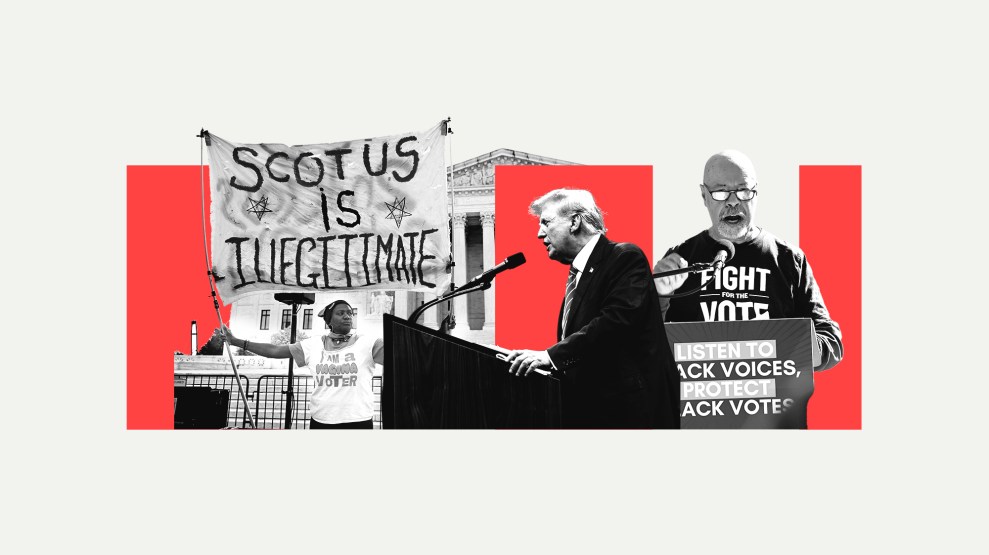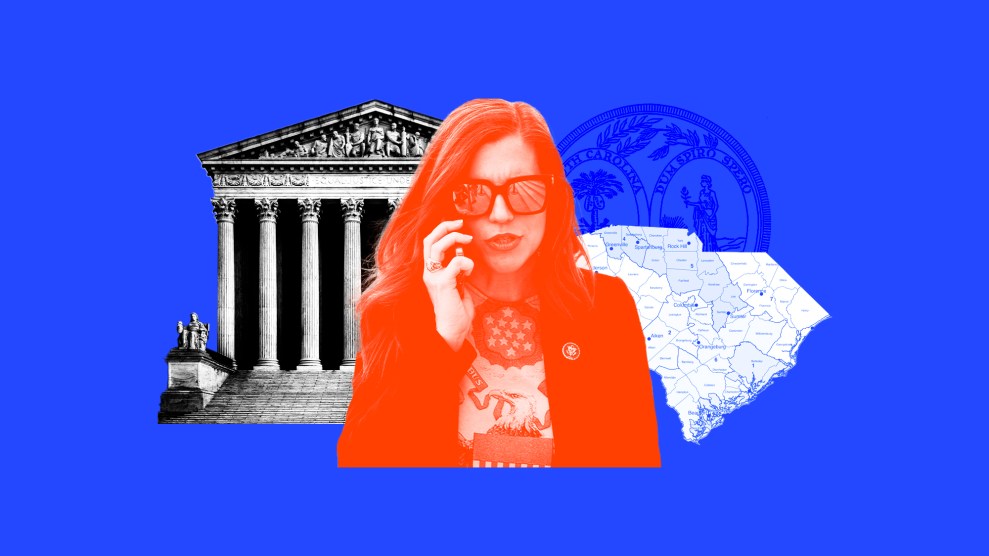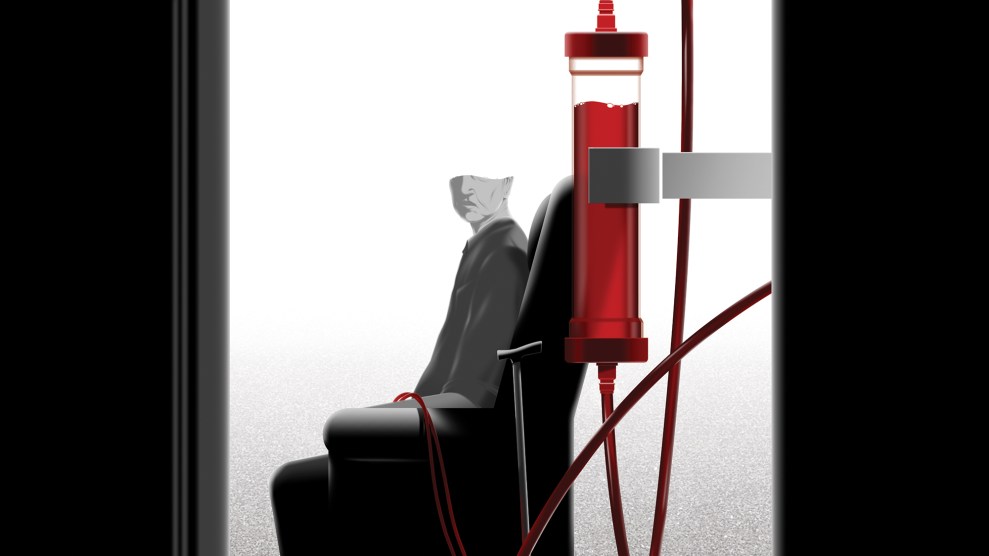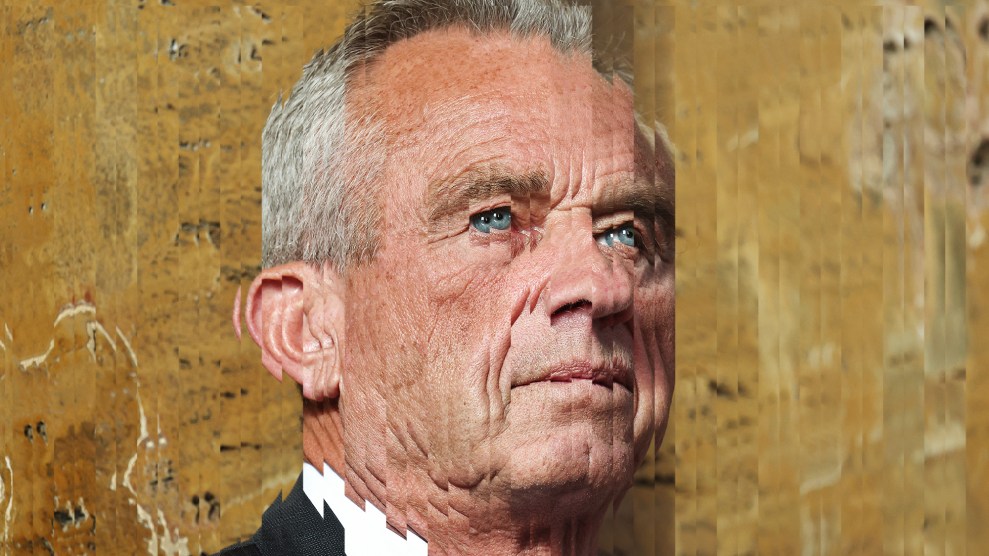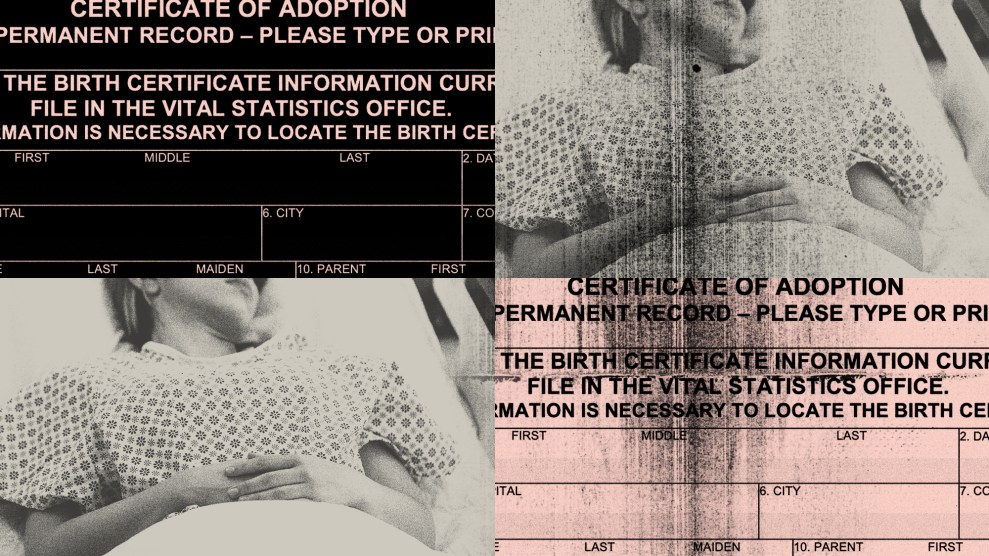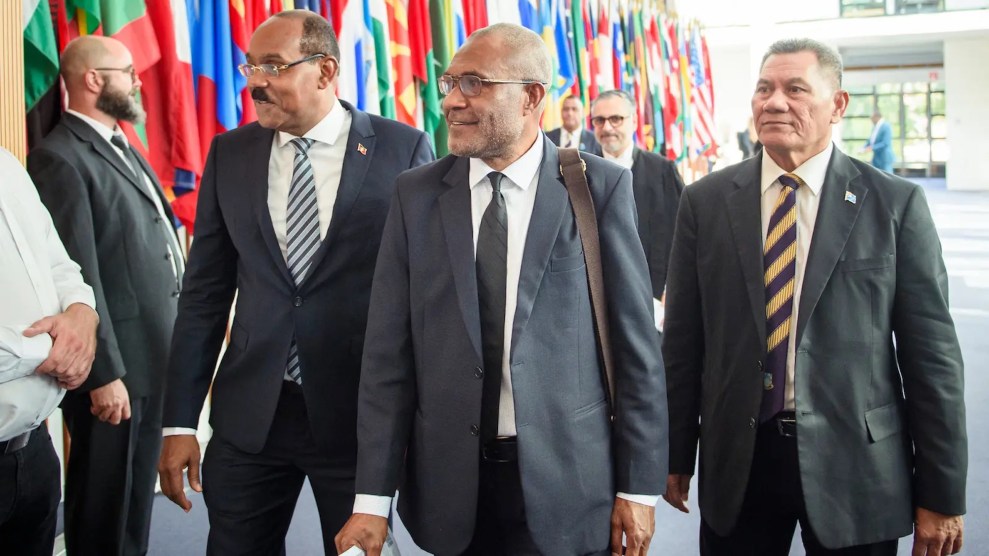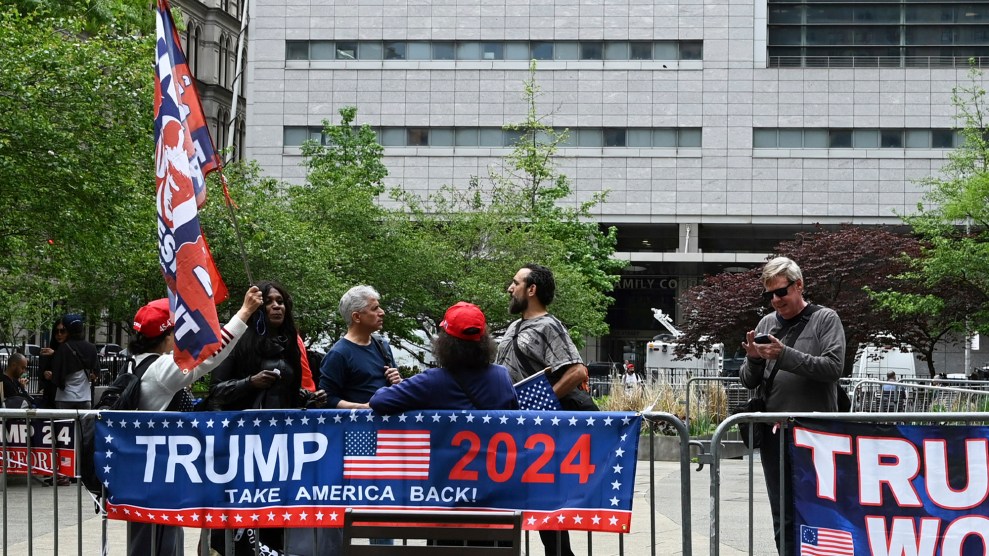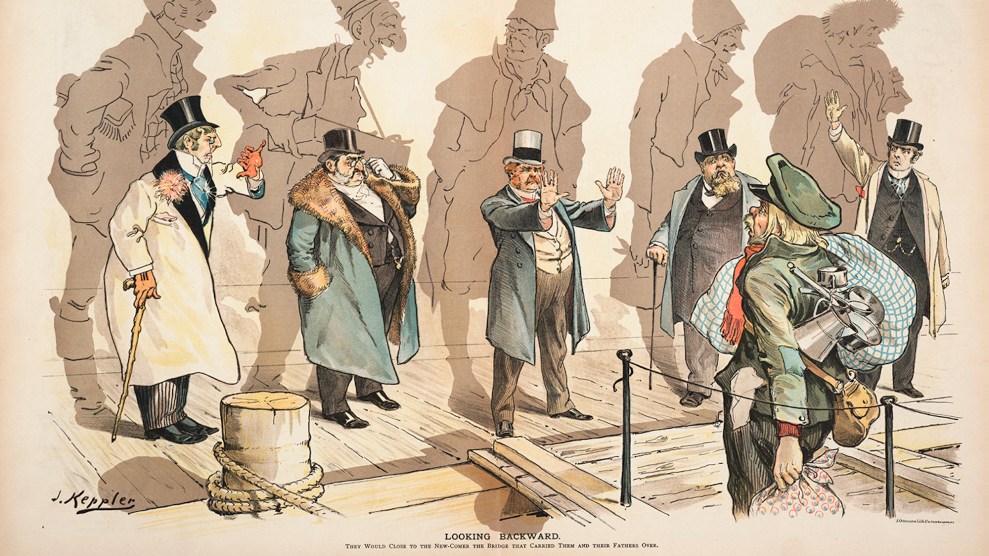
An 1893 cartoon titled "Looking Backward" depicts the irony of American immigrants turning away additional newcomers. The caption reads: "They would close to the new-comer the bridge that carried them and their fathers over."Billy Ireland Cartoon Library & Museum at the Ohio State University
The Supreme Court is letting the Trump administration enforce a policy designed to make it harder for poor and working-class immigrants to obtain green cards. The people most likely to be affected come disproportionately from Africa, the Caribbean, and Latin America.
In a 5-4 decision, the Supreme Court opted on Monday to lift a nationwide injunction blocking a regulation that directs immigration officials to deny green cards to people they deem likely to use modest amounts of government aid like Medicaid and food stamps. The four liberal justices on the court dissented.
The so-called public charge rule has the potential to block hundreds of thousands of immigrants from obtaining green cards and could be President Donald Trump’s most dramatic upheaval of the nation’s legal immigration system.
In October, New York district court judge George Daniels issued a nationwide injunction blocking the rule, calling it “repugnant to the American Dream of the opportunity for prosperity and success through hard work and upward mobility.” The Second Circuit Court of Appeals allowed his injunction to remain in effect. (The Ninth Circuit Court of Appeals overturned a similar injunction.)
The public charge rule dates back to 1882, when, in response to a nativist backlash, Congress directed immigration officials to keep out immigrants deemed likely to become dependent on government assistance. Before the Trump administration regulation, people were considered public charges only if most of their income was likely to come from the government, a generous standard that allowed the vast majority of people to pass the public charge test. (People without green cards are already ineligible for the vast majority of public assistance, which is why the rule punishes them for potentially using those benefits after they become legally entitled to them.)
The new rule is an unprecedented expansion of what it means for someone to be a public charge. As Daniels found in October, Trump officials did not “articulate why they are changing the public charge definition, why this new definition is needed now, or why the definition set forth in the Rule—which has absolutely no support in the history of U.S. immigration law—is reasonable.”

